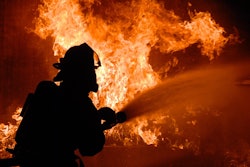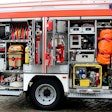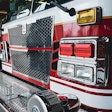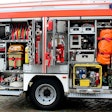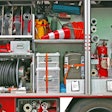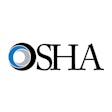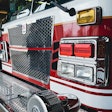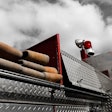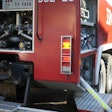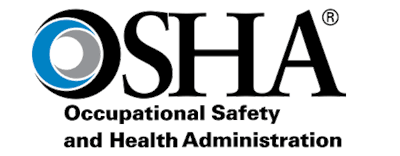
In light of the coronavirus disease 2019 (COVID-19) pandemic, OSHA understands that some employers may face difficulties complying with OSHA standards due to the ongoing health emergency.
Widespread business closures, restrictions on travel, limitations on group sizes, facility visitor prohibitions, and stay-at-home or shelter-in-place requirements may limit the availability of employees, consultants, or contractors who normally provide training, auditing, equipment inspections, testing, and other essential safety and industrial hygiene services.
Business closures and other restrictions and limitations may also preclude employee participation in training even when trainers are available. In other situations, access to medical testing facilities may be limited or suspended.
For example, the American College of Occupational and Environmental Medicine issued a recommendation that occupational spirometry testing be suspended because of concerns about spreading droplets containing the COVID-19 virus during spirometry maneuvers. In addition, the Council for Accreditation in Occupational Hearing Conservation issued a recommendation that audiometric evaluations be suspended until normal operations have resumed, in order to minimize the risk to healthcare workers and conserve personal protective equipment.
During the course of an inspection, OSHA Area Offices will assess an employer's efforts to comply with standards that require annual or recurring audits, reviews, training, or assessments (see Annex below for some examples).
Compliance Safety and Health Officers (CSHOs) should evaluate whether the employer made good faith efforts to comply with applicable OSHA standards and, in situations where compliance was not possible, to ensure that employees were not exposed to hazards from tasks, processes, or equipment for which they were not prepared or trained.
As part of assessing whether an employer engaged in good faith compliance efforts, CSHOs should evaluate whether the employer thoroughly explored all options to comply with the applicable standard(s) (e.g., the use of virtual training or remote communication strategies). CSHOs should also consider any interim alternative protections implemented or provided to protect employees, such as engineering or administrative controls, and whether the employer took steps to reschedule the required annual activity as soon as possible.
In instances where an employer is unable to comply with OSHA-mandated training, audit, assessment, inspection, or testing requirements because local authorities required the workplace to close, the employer should demonstrate a good faith attempt to meet the applicable requirements as soon as possible following the re-opening of the workplace.
Where the employer cannot demonstrate any efforts to comply, a citation may be issued as appropriate under existing enforcement policy. However, where an employer has made attempts to comply in good faith, Area Offices shall take such efforts into strong consideration in determining whether to cite a violation. Where enforcement discretion is warranted, Area Offices will ensure that sufficient documentation (e.g., notes on the efforts the employer made to comply, letters or other documentation showing that providers had closed) is provided in the case file to support the decision.
In order to ensure that corrective actions have been taken once normal activities resume, OSHA will develop a program to conduct monitoring inspections from a randomized sampling of cases where violations were noted but not cited. To accommodate this, CSHOs shall enter the code N-10-ABATEMENT DEFFERED in the OSHA Information System to denote such cases. Additional guidance on monitoring will be provided at a later date.
This memorandum will take effect immediately and remain in effect until further notice.
This guidance is intended to be time-limited to the current public health crisis. Please frequently check OSHA's webpage at osha.gov/coronavirus for updates.




